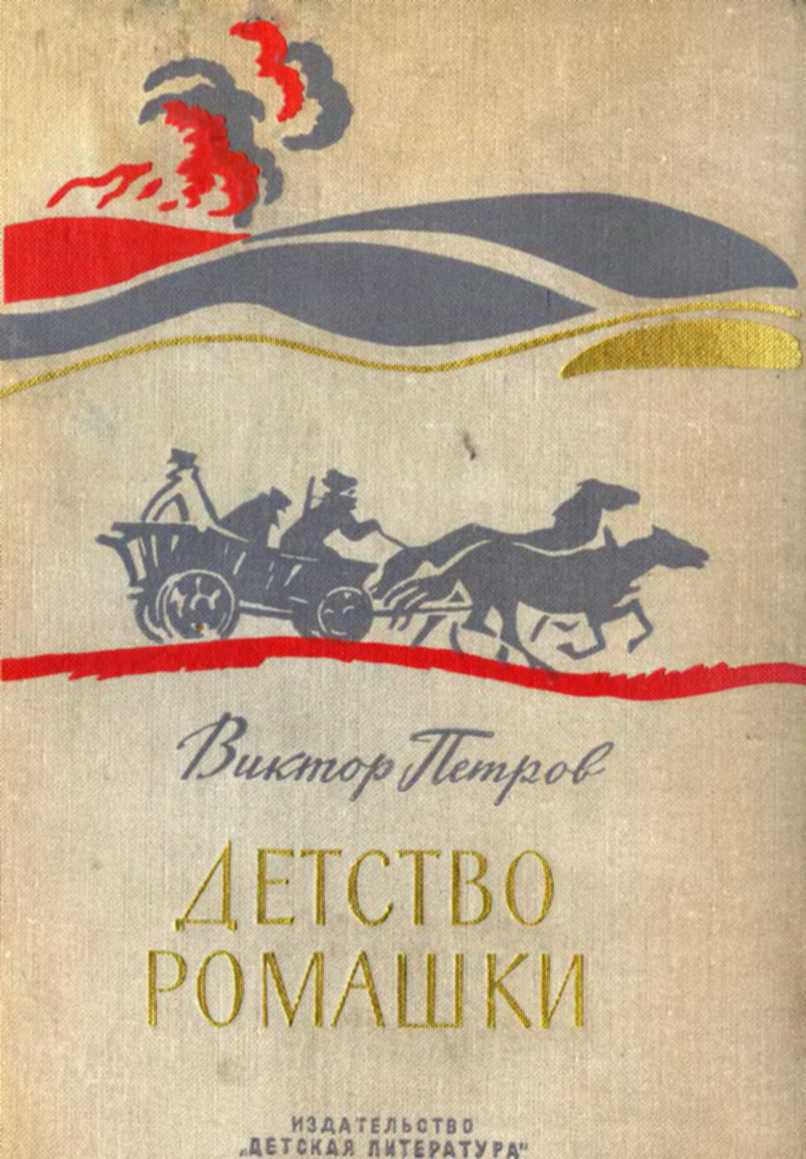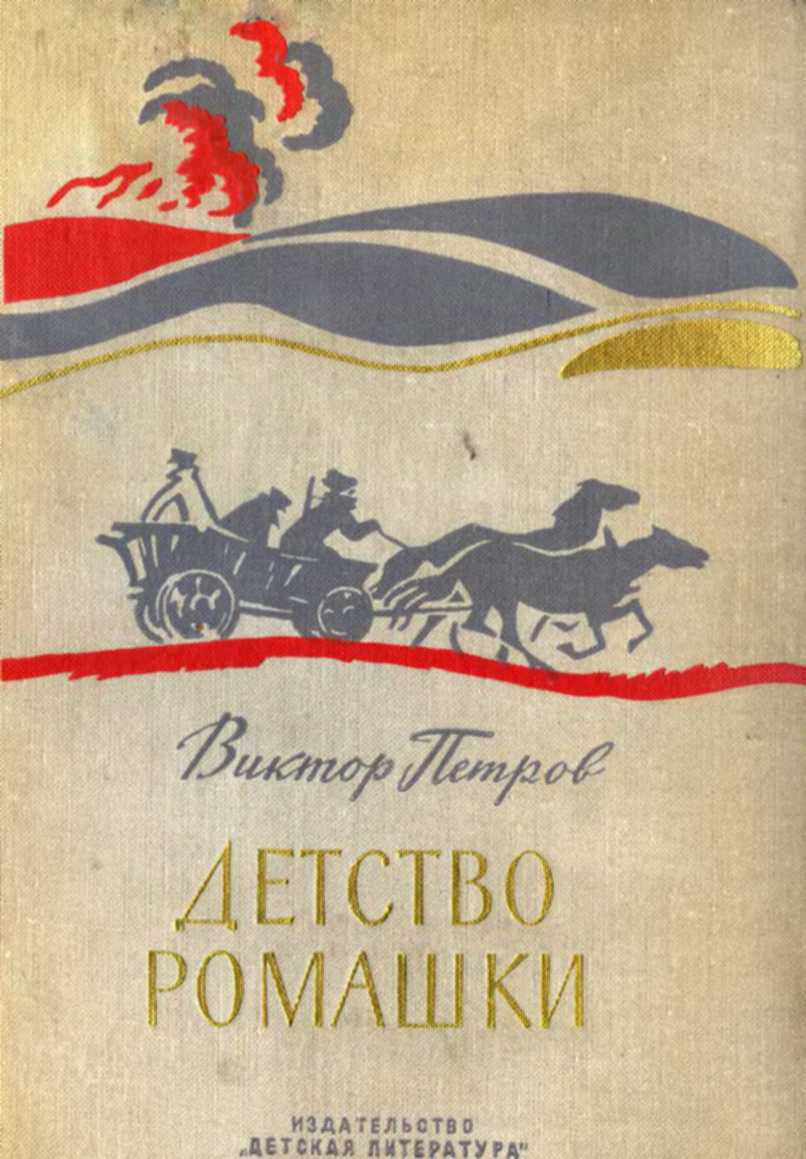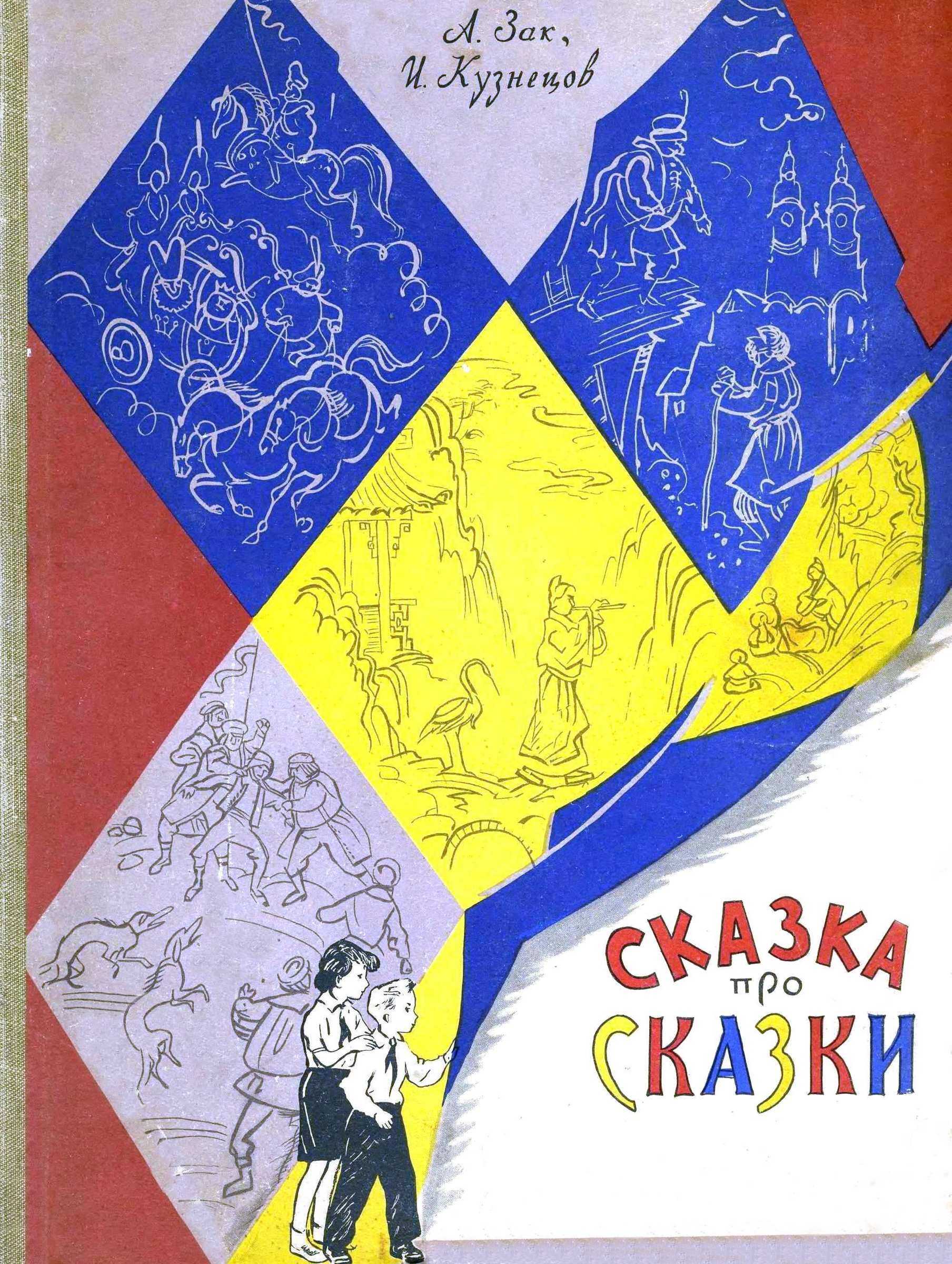Ознакомительная версия. Доступно 28 страниц из 136
in Portugal» (Rebecca Catz).
188
Требование: Я использую версию текста, процитированную в Patricia Seed, Ceremonies of Possession in Europe's Conquest of the New World, 1492–1640 (Cambridge, UK: Cambridge University Press, 1995), 69.
189
должны были признать превосходство христианства: Seed, Ceremonies of Possession, 71.
190
«уникального ритуального требования подчинения»: Seed, Ceremonies of Possession, 72.
191
Первым шагом любого джихада: Seed, Ceremonies of Possession, 76.
192
«отказ признать религиозное превосходство»: Seed, Ceremonies of Possession, 78.
193
«Ни одно другое европейское государство»: Seed, Ceremonies of Possession, 70.
194
«мавры или турки… Мухаммеда?»: Цит. по Seed, Ceremonies of Possession, 92–93.
195
бросить вызов легитимности этой власти: Seed, Ceremonies of Possession, 94.
196
«настоящих варварских изгоев»: Цит. по Tzvetan Todorov, The Conquest of America: The Question of the Other, trans. Richard Howard (Norman: University of Oklahoma Press, 1999), 166.
197
знаком вассальной зависимости: Seed, Ceremonies of Possession, 82.
198
«коренные народы Америки»: Seed, Ceremonies of Possession, 87.
199
«римлянами мусульманского мира»: Albert Hourani, «How Should We Write the History of the Middle East?» International Journal of Middle East Studies 23 (1991): 130.
200
Испания отстаивала свое римское наследие: Об использовании испанцами наследия Римской империи при завоевании Америки см. David A. Lupher, Romans in a New World: Classical Models in Sixteenth-Century Spanish America (Ann Arbor: University of Michigan Press, 2003).
201
«Что касается вашего наблюдения»: Bernal Díaz, The Conquest of New Spain, trans. J. M. Cohen (London: Penguin, 1963), 159. See also J. H. Elliott, «The Mental World of Hernán Cortés,» Transactions of the Royal Historical Society 17 (1967): 45.
202
«хорошего роста»: О внешности Монтесумы см. Díaz, Conquest of New Spain, 224.
203
«пожертвовал» свою империю Карлу V: Elliott, «Mental World of Cortés,», 52–53; J. H. Elliott, «Cortés, Velázquez and Charles V,» introductory essay in Hernán Cortés: Letters from Mexico, ed. And trans. Anthony Pagden (New Haven: Yale University Press, 1986), LXVII–LXVIII.
204
оставив – «пожертвовав» – Италию и остальную часть Западной Европы папе: Elliott, «Cortés,» LXVII–LXVIII.
205
«монарху вселенной»: Цит. по Elliott, «Mental World of Cortés,» 55.
206
Ливорно: Ariel Salzmann, «Migrants in Chains: On the Enslavement of Muslims in Renaissance and Enlightenment Europe,» Religions 4 (2013): 396.
207
насильно обращали мусульман и других нехристиан: Sylviane A. Diouf, Servants of Allah: African Muslims Enslaved in the Americas, 2nd ed. (New York: New York University Press, 2013), 33–37.
208
набеги организовывались в основном с… Сантьягу: Jane Landers, «The Great Wolof Scare of 1521» (unpublished manuscript), 1. Выражаю искреннюю благодарность профессору Ландерс за то, что она позволила мне прочитать и процитировать ее работу.
209
Валенсийцы составляли около трети: William D. Phillips, Jr., Slavery in Medieval and Early Modern Iberia (Philadelphia: University of Pennsylvania Press, 2013), 66–67.
210
Чернокожие рабы, жившие в христианских и мусульманских королевствах: Полезное исследование рабства и расового вопроса в Марокко см. Chouki El Hamel, Black Morocco: A History of Slavery, Race, and Islam (Cambridge, UK: Cambridge University Press, 2013).
211
Империя волофов распалась: Michael A. Gomez, Black Crescent: The Experience and Legacy of African Muslims in the Americas (Cambridge, UK: Cambridge University Press, 2005), 9–12.
212
«преступники, ведьмы»: Martin A. Klein, «Slavery and the Early State in Africa,» Social Evolution and History 8 (2009): 177.
213
«В такой новой земле»: Цит. по Diouf, Servants of Allah, 36.
214
официальное разрешение на прямую перевозку: Gomez, Black Crescent, 15.
215
«плохими обычаями»: Цит. по Landers, «Wolof Scare,» 2, and Erin Woodruff Stone, «America's First Slave Revolt: Indians and African Slaves in Española, 1500–1534,» Ethnohistory 60 (2013): 203.
216
история выращивания сахара: William D. Phillips, Jr., «Old World Precedents: Sugar and Slavery in the Mediterranean,» in The Caribbean: A History of the Region and Its Peoples, ed. Stephan Palmié and Francisco A. Scarano (Chicago: University of Chicago Press, 2011), 70–71, 77–79.
217
перевез в Новый Свет первых мусульманских рабов и сахарный тростник: Genaro Rodríguez Morel, «The Sugar Economy of Española in the Sixteenth Century,» in Tropical Babylons: Sugar and the Making of the Atlantic World, 1450–1680, ed. Stuart B. Schwartz (Chapel Hill: University of North Carolina Press, 2004), 86–87.
218
ускорив развитие экономики Карибского бассейна: William D. Phillips, Jr., «Sugar in Iberia,» in Tropical Babylons, 34–35.
219
так много [черных]: Landers, «Wolof Scare,» 12.
220
возможно, всего лишь двадцатую часть от африканских поселенцев: Ida Altman, «The Revolt of Enriquillo and the Historiography of Early Spanish America,» The Americas 63 (2007): 611.
221
«воинственных и порочных»: Цит. по Landers, «Wolof Scare,» 1, 6. See also Stone, «America's First Slave Revolt,» 195–217; Gomez, Black Crescent, 3–5.
222
«дикую и кровавую экспедицию»: Цит. по Gomez, Black Crescent, 3.
223
«заставлена виселицами»: Цит. по Landers, «Wolof Scare,» 8–9.
224
«Черных наказали»: Цит. по Landers, «Wolof Scare,» 9.
225
«Частью его [Энрикильо] скромной
Ознакомительная версия. Доступно 28 страниц из 136



















